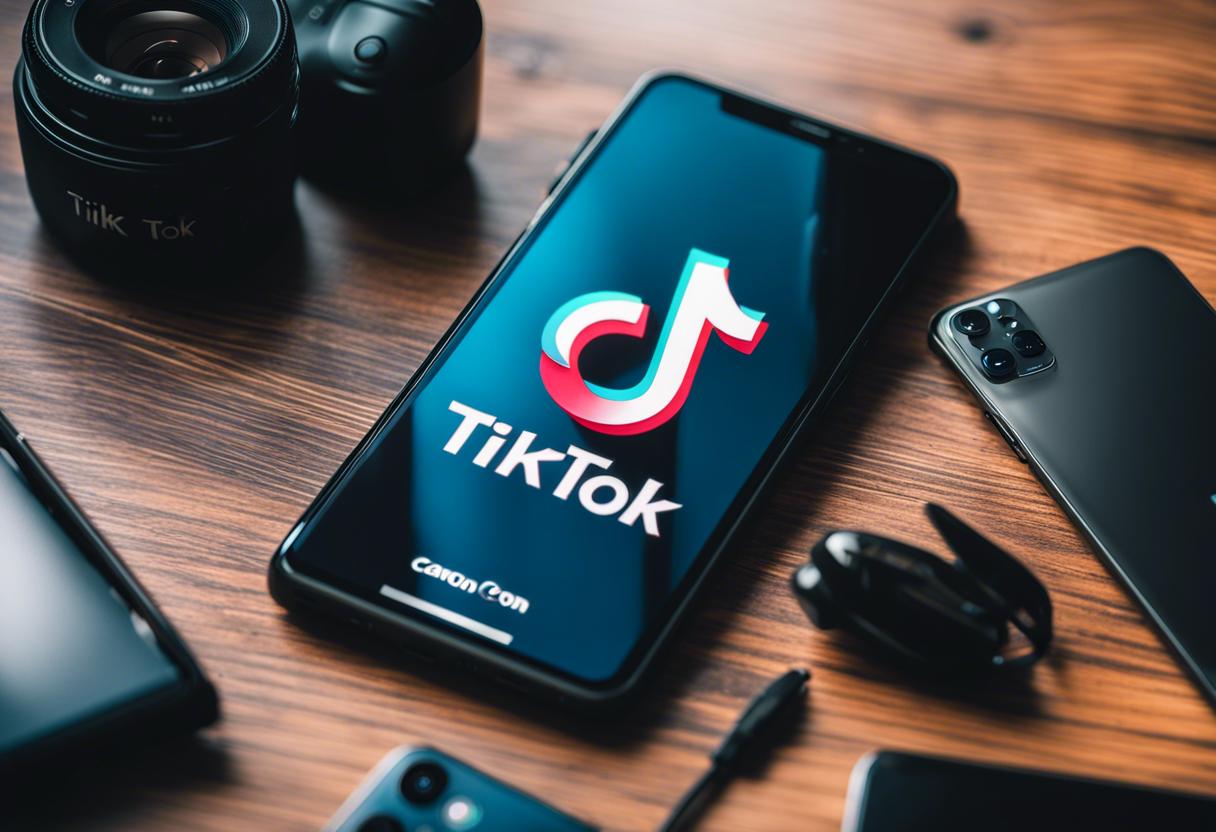What’s the current situation?
TikTok, the popular social media platform is on the brink of an effective ban in the United States. This comes as a result of a foreign aid bill that recently passed the United States Senate. The new legislation requires TikTok to offload its US assets within a year, with a deadline of nine months to finalise a sale and an additional three months to complete the process if an agreement is reached.
What’s the reason?
TikTok’s potential ban begs the question of why it’s the center of attention, as other social media platforms also gather extensive user data. The distinguishing factor for TikTok is its ownership structure; it’s part-owned by ByteDance, a Chinese firm with controlling interest. The remainder is owned by various investors, featuring US investment companies such as the Carlyle Group, General Atlantic, and the Susquehanna International Group.
The platform’s Chinese ownership implies adherence to Chinese rules, which has raised concerns about data security and worries that the Chinese government might intrude on user privacy. US officials have been quite outspoken regarding their apprehensions about national security risks that could arise from TikTok’s potential access to the private data of US citizens. Additionally, worries exist that Chinese influence might prompt Bytedance to tamper with the platform’s algorithms to amplify or mute certain content.
TikTok also appeals greatly to younger users, showing higher engagement statistics compared to other platforms. Furthermore, the platform has been excluded from US government officials’ devices due to security issues. This action isn’t exclusive to the US.
Is this a fresh scenario?
Not really, this situation surfaces memories of when previous US president Donald Trump issued an executive order compelling the sale or ban of TikTok within the US borders. However, when president Joe Biden took over, he canceled this order.
What will be the effect of the ban?
The TikTok application won’t instantly evaporate from the digital world or the smartphones of the over 170 million American users. But, if the ban happens, established platforms like Google’s Play Store and Apple’s App Store will no longer be able to offer TikTok to their US consumers. This ban translates to no new TikTok users from the US and no updates or new features for existing users. In the long run, this would be a huge setback for the platform’s user experience. Moreover, assuming the ban goes through, hosting of TikTok on US servers would likely be discontinued.
How will this be monitored and enforced?
The customary approach involves imposing penalties on app stores which violate regulations. However, enforcement might not be as straightforward as before. For instance, tech-savvy TikTok users may resort to alternative app stores or employ virtual private networks to conceal their locations and even establish accounts in regions outside the US.
Before getting carried away, it’s important to remember that TikTok has expressed intentions to contest the regulation in the judicial system. Prior attempts to ban TikTok in particular states, Montana being a case in point, haven’t been successful in court, with dissenters citing the infringement of rights to free speech.
Moreover, it’s significant to highlight that TikTok isn’t the sole platform capable of acquiring data on US inhabitants, as several commercial data brokers also offer access to personal information, albeit for a charge.
As for its effectiveness, the implementation initially needs to be validated in court, a certainty that is far from assured. Whilst ByteDance’s US venture is perceived to be extremely profitable, the firm’s owner has stated that selling isn’t an option. Put simply, this situation is worth keeping an eye on.

